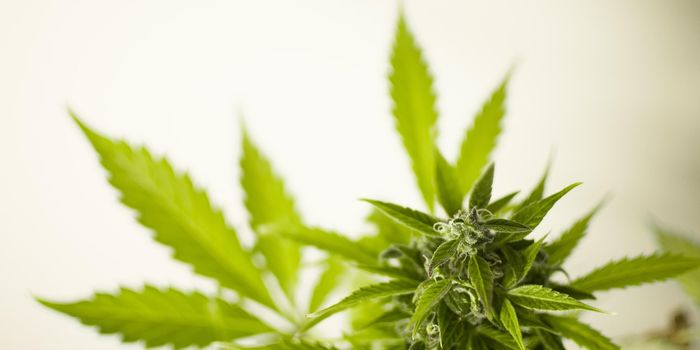Scientists List Several Reasons Not to Use Marijuana During Pregnancy
An estimated 16 percent of women use marijuana on a daily basis while pregnant, and a large majority of women do so without realizing the potential health consequences posed to their baby. A new study links daily marijuana use during pregnancy with a lengthy list of negative fetal health outcomes.
Marijuana use during pregnancy has doubled in the last 15 years as recreational use of the drug has become legalized in many states and claims of hemp’s phytocannabinoids boasting health benefits surge in the media. However, explains lead author Dr. Bobby Brar, "our findings contribute to the growing body of evidence that fetal marijuana exposure may not be as safe as people think.”
Brar’s recent study included 450 pregnant women self-reporting daily marijuana use. Researchers observed a plethora of negative health outcomes for babies during pregnancy, during delivery, and after birth. Outcomes stemmed from delayed growth during fetal development and included low birth weight, limited resistance to infection, reduced oxygen levels, and low blood sugar. In the worst cases, marijuana use during pregnancy was associated with stillbirth.
Delayed growth associated with daily marijuana use during pregnancy was also tied to low Apgar scores, a measure of a newborn’s status reported immediately after birth. The system, named for Dr. Virginia Apgar who created it in 1952, gives a score between zero and two for five criteria: color, heart rate, reflexes, muscle tone, and respiration. The score is reported at one minute and five minutes after birth. A five-minute Apgar score between seven and ten is “reassuring,” while a score between four and six is “moderately abnormal” and between zero and three is “low.”
Researchers also showed links to increased placental vascular resistance in second and third trimesters. Placental vascular resistance describes the blood flow between the mother and the fetus through the placenta during pregnancy. Increased resistance compromises blood flow.
Results from the study have not yet confirmed that it is the unique compounds found in marijuana that are responsible for the associated negative fetal health outcomes. Researchers theorize that it is instead the “polycyclic aromatic hydrocarbons” found in both marijuana and tobacco smoke. Thus, it could be smoke exposure that is causing the negative health outcomes more so than nicotine in tobacco and THC in marijuana. For now, researchers recommend pregnant women avoid marijuana exposure until further studies confirm the consequences of its use on fetal growth.
Sources: University of Nevada, Las Vegas; Journal of Maternal-Fetal and Neonatal Medicine, American Academy of Pediatrics, Experimental Physiology








